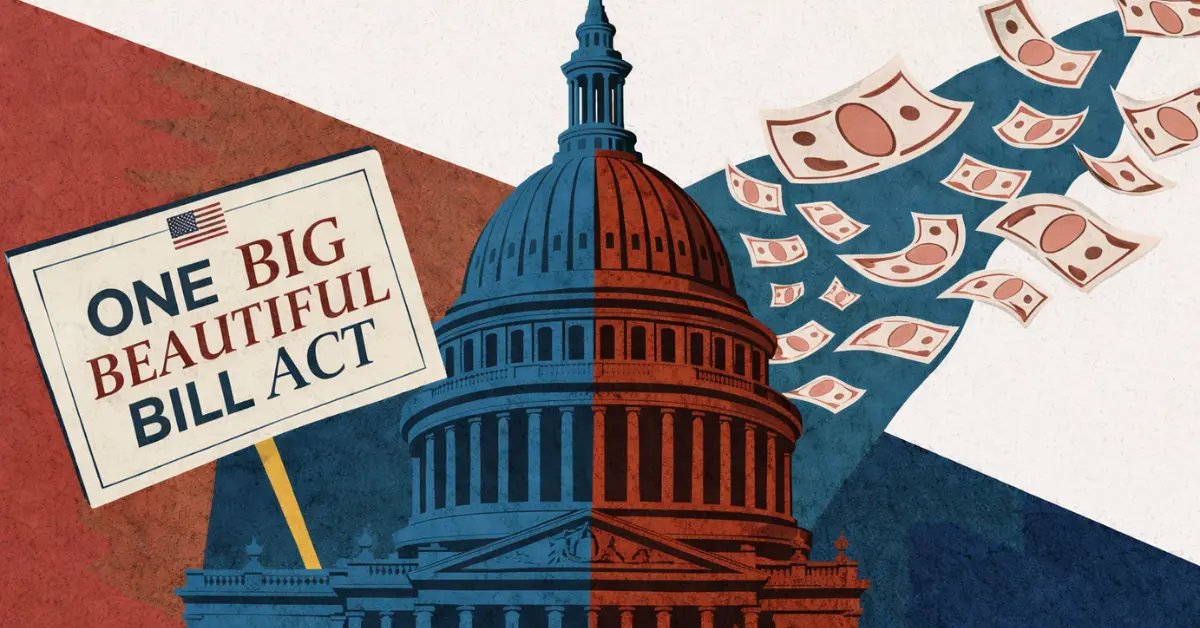Continuing Professional Education is common to many licensed fields and generally refers to obtaining a certain amount of qualified hours of education throughout the year to stay current in your trade and keep your license up to date. CPE for CPAs is something all states boards require their CPAs to obtain, although the requirements vary state by state. Most state boards require 80 hours of CPE every 2 years, or 120 hours every 3 years, depending on the reporting period of the state you are certified in. There are rarely exemptions to this rule, except for CPAs who are retired, unemployed, or who have placed their licenses on inactive status (meaning they are not plan on practicing).
While this CPE requirement is true for all states, check with your employer for any additional requirements. Current trends indicate that some employers' policies encourage continuing professional education for CPAs beyond the minimum hours required for maintaining licenses. Even if your employer does not require additional CPE hours, its a good idea to check company policies anyway. Some businesses will pay for CPE classes or even allow you to take seminars and classes on company time!
CPE courses cover many different topics and are available through seminars, self study, online courses and in-house training. Many professional development resources, seminars and training opportunities are offered during weekends or evenings, or through online distance learning courses. This makes maintaining your CPA license easier outside of work hours for some added flexibily.
There are many professional associations that offer CPE courses through lecture series, regular meetings and networking events. We recommend you apply for membership to national, state or local accounting organizations like ASWA, Ascend, Latino Business Professionals, ALPFA, and your state society. These professional organizations offer regular CPE credits through networking events like banquets and professional development series. The events are great because they allow you to obtain your CPE hours while networking with area accountants and building relationships with your peers.
CPE is a requirement for all CPAs. While it may sound tedious, remember that it is ultimately a beneficial part of your career. CPE requires you to stay updated on new laws, trends and other news that will affect your work on a day-to-day basis.





